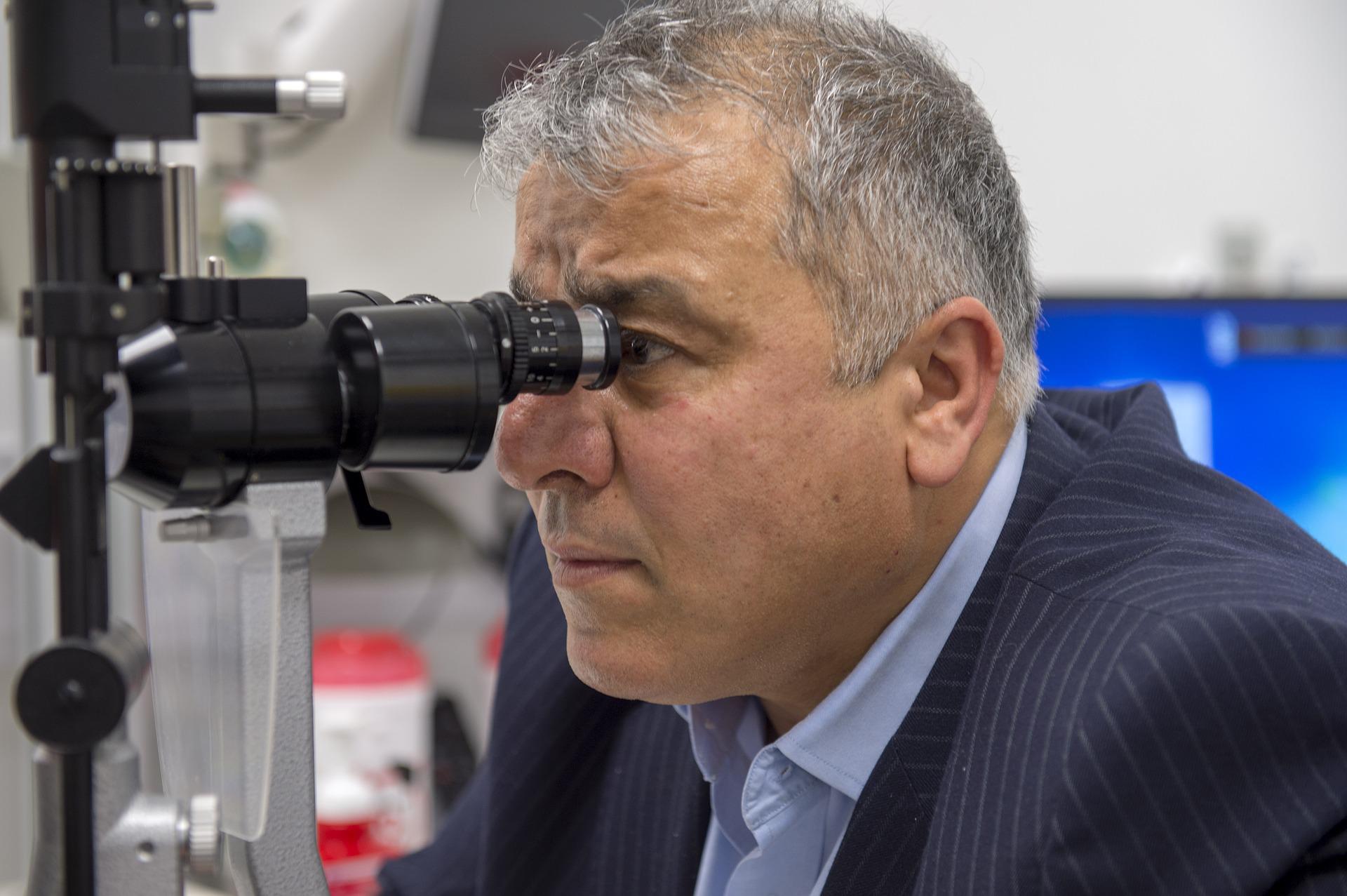How To Improve Your Medical Career Prospects

It can be tough to break into the medical field, especially if you don’t have any experience in the healthcare sector. There is a lot of competition to get into medical school, and many people volunteer to gain relevant experience to improve their chances of acceptance. However, there are other ways to improve your career prospects without having to give up your time for free. This article will explore some of the best ways to improve your chances of getting into medical school.
1) Get experience in a medical-related field.
This is one of the best ways to improve your chances of getting a career in medicine or nursing. There are many different types of medical careers, so you’ll need to choose one that matches your interests and career goals.
Most careers in the healthcare sector start with formal training, both educational and practical. For example, if you’re interested in becoming a doctor, you’ll need to get a degree in medicine. If you’re interested in becoming a nurse, you’ll need to get a degree in nursing.
However, places on these courses is always high, so you’ll need to stand out from the crowd. You can obtain some experience by training in first aid and volunteering with, say, the St John Ambulance brigade, but there are plenty of paid opportunities to work in a healthcare environment, such as in care homes or as healthcare assistants in the NHS. This will show you both have an aptitude for the work and an understanding of the sector.
Additionally, if you’re interested in working in a specific area of medicine, you may benefit from additional studies in that area. For example, if you want to work in pediatric nursing, you could obtain experience working with children in a nursery.
Whatever field you want to work in, relevant experience will give you an edge when applying to university in a very competitive field.
2) Work on your certifications.
What you need once qualified will depend on where you work geographically. For example, in the USA, in order to study for PALS certification, for example, you’ll need to have a degree in nursing. Similarly, in order to get certified in CPR, you’ll need to have a degree in medicine – and anyone working in pediatrics will need both in the US.
However, when looking to begin your healthcare career, nobody will expect any of this – you simply need to show aptitude. In any healthcare sector, obtaining a First Aid Certificate is a good starting point, it will help you stand out at the application stage, and even if you change your mind and don’t go into healthcare, it will help your employability in any career as every employer needs to have a specified number of First Aiders on the premises.
3) Join professional organizations.
Joining professional organizations is a great way to network and meet people in the medical field. Additionally, many professional organizations offer continuing education opportunities, which can help you stay up-to-date on the latest medical advancements.
For example, if you’re training to become a doctor, you should join the British Medical Association (BMA). If you’re interested in becoming a nurse, you should join the Royal College of Nursing.
Additionally, there are many state and local medical organizations that you can join which relate specifically to your speciality. These organizations often offer networking opportunities and continuing education courses.
4) Get a job in a related field.
If you’re having trouble gaining entry to a training course in your chosen field, you may want to consider working in a related field. There are many jobs that require knowledge of the medical field but don’t necessarily require a medical degree.
For example, you could work as a medical transcriptionist, a medical secretary, or a care home assistant. These jobs will give you experience in the medical field and help you network with people in the industry. Other jobs, like phlebotomy, sometimes come with on-the-job training, but whilst working in these roles, you will build a relationship with other professionals and can earn supportive references from influential people.
5) Keep your options open.
There are many different types of medical jobs, so it’s important to keep your options open. Experience in a healthcare setting and a good reference will show universities that you will stick through the tough years of training involved – alternatively, it may open your eyes to other healthcare careers – including eyecare!
Start by exploring careers you can do while you save to go to University.
For example, if you’re interested in becoming a doctor, you may want to consider volunteering at a local hospital or working in an unskilled role in a healthcare sector before going to medical school. If you’re interested in becoming a nurse, you may want to consider working as a healthcare assistant before going to nursing school.
If you want to work in operating theatres, think about becoming a Theatre Assistant. Once you enter a clinical environment, you will quickly learn that medicine offers a vast variety of roles you hadn’t even thought of.
You may even find that you change your original career goals as you gain more experience in a clinical environment. Many of the people who work in audiology, occupational health, physiotherapy, optometry or as paramedics started out wanting to be a nurse or doctor – and if you do go on to qualify, you will start with a better understanding and appreciation of the multi-disciplinary environment that is modern healthcare.
6) Be patient.
Getting a job in the medical field can take time. Don’t get discouraged if you don’t get a job right away. Keep applying and networking, and eventually, you’ll find the right opportunity. Remember, it’s important to never give up on your career goals. Keep working hard, and you’ll eventually achieve success.
The best way to improve your chances of getting a qualified, well paid job in the medical field is to undertake professional training in your chosen field, but there are lots of routes . Additionally, you should work on your certifications and join professional organizations. You may also want to consider getting a job in a related field. Finally, be patient and keep applying for jobs. You’ll eventually find the right opportunity. Keep in mind that the most important thing is to never give up on your career goals.






